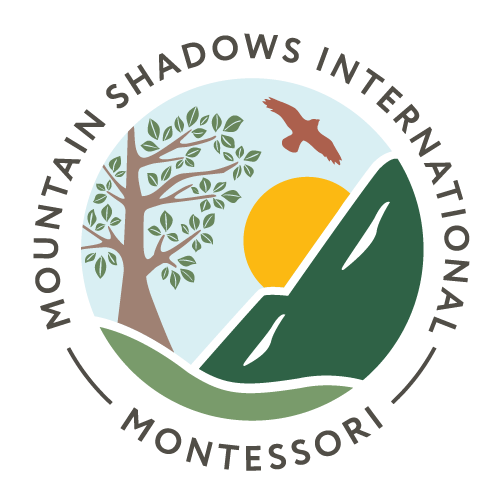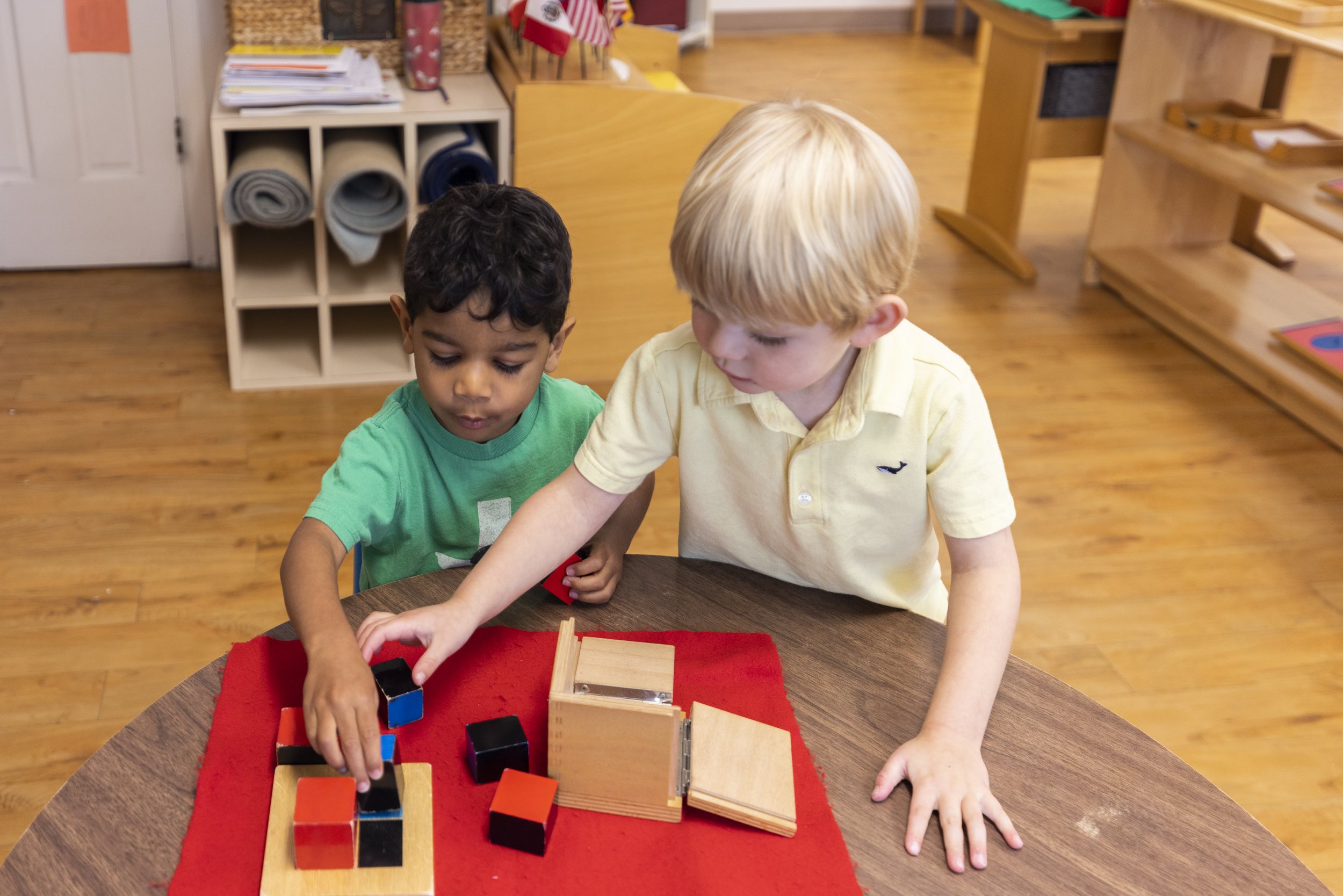The Transformative Benefits of the Third Year in Primary
The third year in a Montessori Primary program is a penultimate year in a child's early educational journey. Often referred to as the "leadership year,” this is a tremendous time of significant transformation demonstrated in the crystallization of independence and confidence that sets the stage for future learning; for future life.
In the prepared environment children take on mentorship roles, guiding younger peers and reinforcing their own understanding of concepts. This leadership fosters a sense of responsibility and enhances social skills as they navigate collaborative projects and problem-solving scenarios. Academically, third-year students delve deeper into subjects, engaging in more complex tasks and critical thinking exercises.
Montessori thrives upon self-directed learning—students exercising agency as co-constructors of knowledge in areas of their interest while approaching mastery of essential skills. As students reflect on their growth and contribute to their class community, these young children not only advance academically but also develop the social and emotional intelligence needed for success in their lives off-campus.
Overall, the third year is not just about academic achievement; it’s about shaping well-rounded, confident individuals with strong character who are ready to take on new challenges.
Transitioning From Home To School
The launch of a school year marks a significant period of transition for all members of the family. Relaxed summer play is now upended by the weekday ritual of going to school. With that comes a new set of routines, new emphasis on time, and new stresses related to food, clothing, and logistics. Yet, it is the Montessori family who will squarely face these challenges and thoughtfully recast them as opportunities for their child(ren) to exercise independence, agency, and responsibility.
Time tested tips and ideas that Guides and Administrators around the world will offer include:
Have your child participate in preparing their lunch and packing their lunch bag.
Have your child pick and layout their clothes the night before.
As part of the bedtime wind down, chat about one material or experience they look forward to using the next day.
Play a fun spoken language or number game on the way to school; sing a song.
An older student might rehearse a presentation or recite recent research findings.
For younger children, review the arrival script: park, walk inside together, and say goodbye (or pull through the circle, be received by the staff, say goodbye and exit to walk inside).
The school can assist on the receiving end with the Guide present to welcome and walk in together, give a quick go-to task for helping the class, and even offer being an “Assistant” to get the day going.
Parents can assist by making their goodbyes quick and confident. Whereas at times children might be fine and on other occasions filled with tears, the parent’s consistent drop off composure edifies everyone’s trust in the safety and anchor of their Montessori school.



